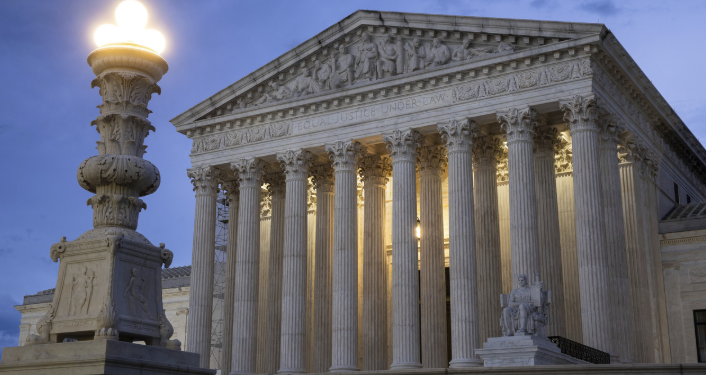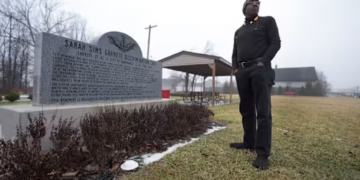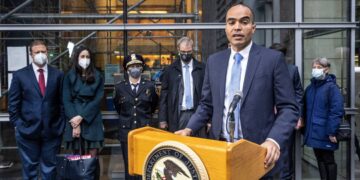Feb 7, 2025 Story by: Editor
Case Background
In 1911, a neighborhood in St. Louis, Missouri, established a racially restrictive covenant aimed at prohibiting African Americans and Asian Americans from residing in the area. Decades later, in 1945, an African American family, the Shelleys, purchased a home in the neighborhood. In response, Louis Kraemer filed a lawsuit to enforce the covenant and block the Shelleys from moving in. A similar legal dispute emerged in Detroit, Michigan, leading to parallel court rulings. Both state supreme courts upheld the covenants, reasoning that they constituted private agreements rather than state actions. The U.S. Supreme Court later consolidated the cases for appeal.
Legal Question
Did the enforcement of racially restrictive covenants violate the Equal Protection Clause of the Fourteenth Amendment?
Supreme Court Ruling
Unanimous Decision for Shelley
Majority Opinion by Chief Justice Fred M. Vinson
The Court ruled that although racially restrictive covenants themselves do not inherently violate the Fourteenth Amendment, their enforcement by state courts does. Writing for the Court, Chief Justice Fred Vinson explained that while private individuals could adhere to such agreements, seeking judicial enforcement of them constituted state action. As a result, the Court determined that enforcing these covenants in state courts violated the Equal Protection Clause of the Fourteenth Amendment.
Justices in the Majority:
- Fred M. Vinson
- Hugo L. Black
- Felix Frankfurter
- William O. Douglas
- Frank Murphy
- Harold Burton
- Stanley Reed
- Robert H. Jackson
- Wiley B. Rutledge
This landmark ruling in Shelley v. Kraemer set a significant precedent by prohibiting judicial enforcement of racially restrictive housing covenants, reinforcing constitutional protections under the Fourteenth Amendment.
Source: Oyez

















